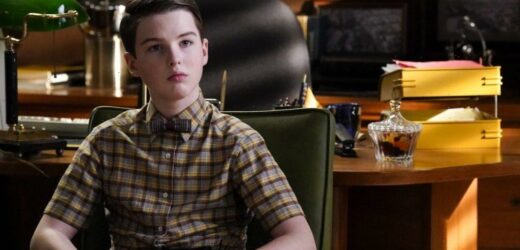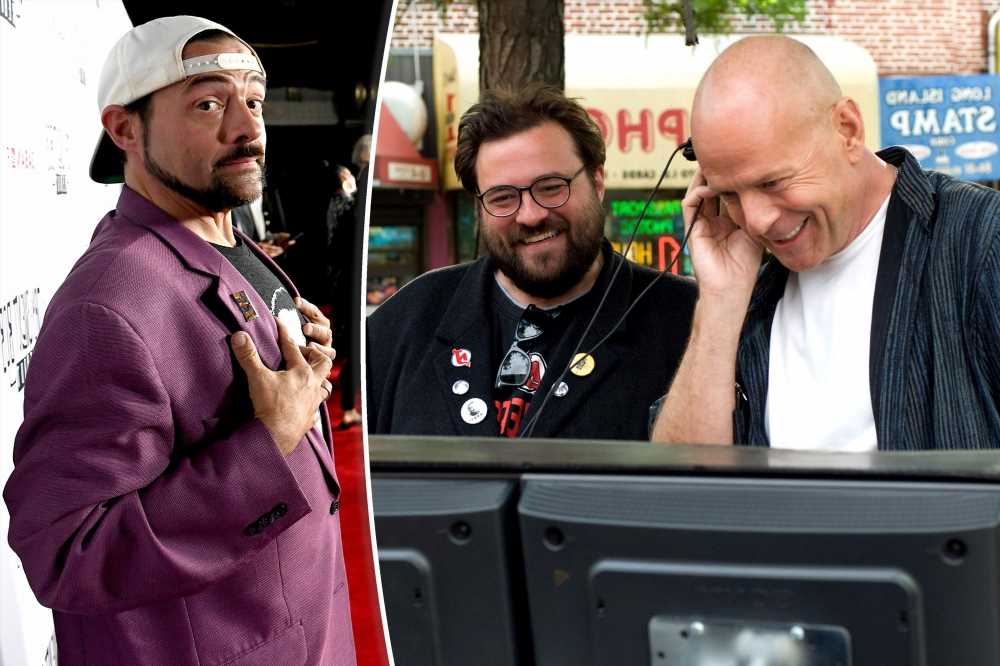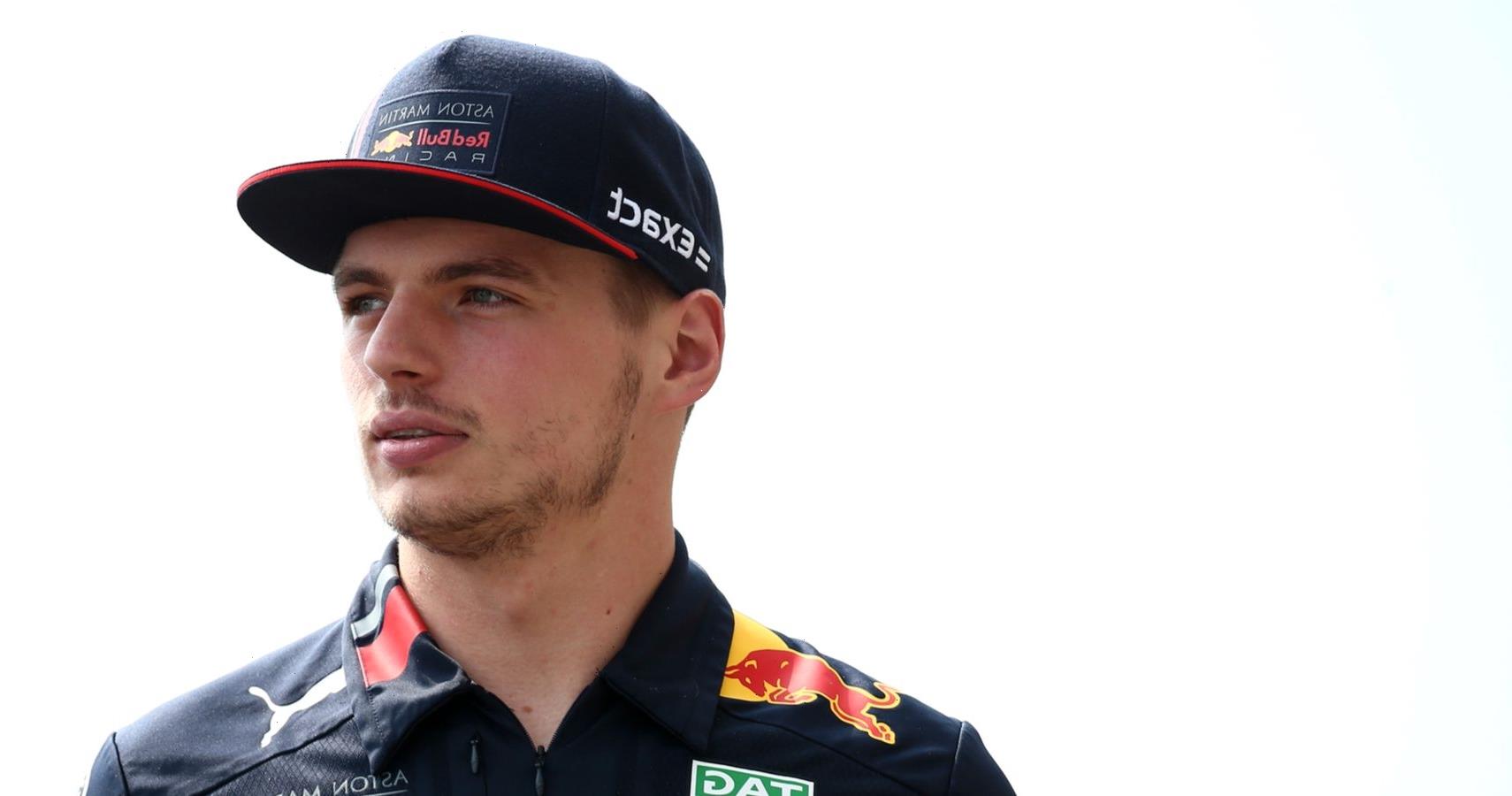“Young Sheldon” isn’t so young anymore — and as the hit CBS comedy marks its 100th episode, the series is growing up along with its title star. Co-creator and executive producer Steve Molaro told Variety that as Sheldon, played by Iain Armitage, enters his teenage years and starts attending college, more grown-up storylines have started to reflect that change.
“It’s hard to believe that we started out the pilot [in 2017] when Iain was eight years old,” Molaro said. “And Raegan Revord, who plays Missy, was eight or nine. So we’ve come a long way. Back then we were doing more family-oriented stories and kid-friendly stories because we had two nine-year-olds on the show. But now that they’re young adults and teenagers, we’re finding we can really open up the kinds of stories we’d like to tell and let things get more adult with everybody. And that evolution has been really fun for us.”
In particular, Montana Jordan — who plays Sheldon’s older brother, Georgie, on the show — is now 19 (while his character is 17). A major, life-defining event happens to Georgie at the end of Thursday night’s episode, which will signal another new direction for the show. “We’re going to continue to dig in on that storyline as we move forward,” Molaro said.
Meanwhile, with Sheldon now in college, “Young Sheldon” has taken advantage of that expanded universe by bringing in recurring cast members such as Wendie Malick, in addition to Ed Begley, Jr. and Wallace Shawn. Others have included Jason Alexander, Reba McEntire and Craig T. Nelson.
“It’s been a real joy to watch the citizens of this universe expand,” Molaro said. “Whenever we have a new character, we’re fortunate enough to find an actor who wants to come and have some fun with us. It’s just made the show better and richer. The more we can populate this world, the more interesting stories we can find and the more cool intersections of paths between these characters we could find. The same thing happened on ‘The Big Bang Theory’ as the world just grew and grew in more and more wonderful directions.”

Speaking of “The Big Bang Theory,” fans of that show know that it has been established that Sheldon loses his father (played by Lance Barber) when he’s 14. Given that “Young Sheldon” has already been picked up for two more seasons, there’s a chance that monumental event is on the way. Molaro said the show’s writing staff hasn’t yet discussed how, or if, they’ll handle it.
“That’s off in the distance,” he said. “That particular milestone is always looming, and we’ve flirted with it through dialogue from adult Sheldon in voiceover on ‘Young Sheldon.’ The show’s picked up for two more years, but we’re not arcing that far ahead. But it’s something that we’re always cognizant of and aware of, as the show inevitably goes on and the kids get older.”
Molaro points out that “Young Sheldon” isn’t locked in to a regimented timeframe, and that it can bend and slow down time as needed, “because these stories are being told from the past.”
As for bringing in more adult storylines to “Young Sheldon,” Molaro said he and the writing team have enjoyed the freedom to explore more of the show’s universe.
“It feels like the show is growing along with the kids,” he said. “One of the most satisfying experiences is getting to watch these three young actors just get better and better by the episode. And being able to handle these stories. … As actors they’ve all come such a long way. Montana has just been so amazing in Season 5. We threw a lot at that kid, and he just stepped up and crushed it. Iain’s always been amazing. And Raegan, too, we’ve given her more emotional stuff to play, and she just has risen up and handled it like a pro. It’s fun, as a fan of the show, to watch all the characters, and especially the kids, rise up to these challenges.”
As the show has evolved, so too have Molaro and his team adjusted from the multi-cam to single-cam world. “It was a steep learning curve,” he recalled. “We were incredibly fortunate to have Jon Favreau direct the ‘Young Sheldon’ pilot, Chuck [Lorre] and I tried to soak up every little bit of knowledge he would present to us and keep going from there. Having done over 100 of these now, they’re very different. In a lot of ways, single camera can be a lot more taxing and harder, certainly longer to shoot and longer to edit. Now I have a much better understanding and appreciation of what goes on with single camera.”
Source: Read Full Article


